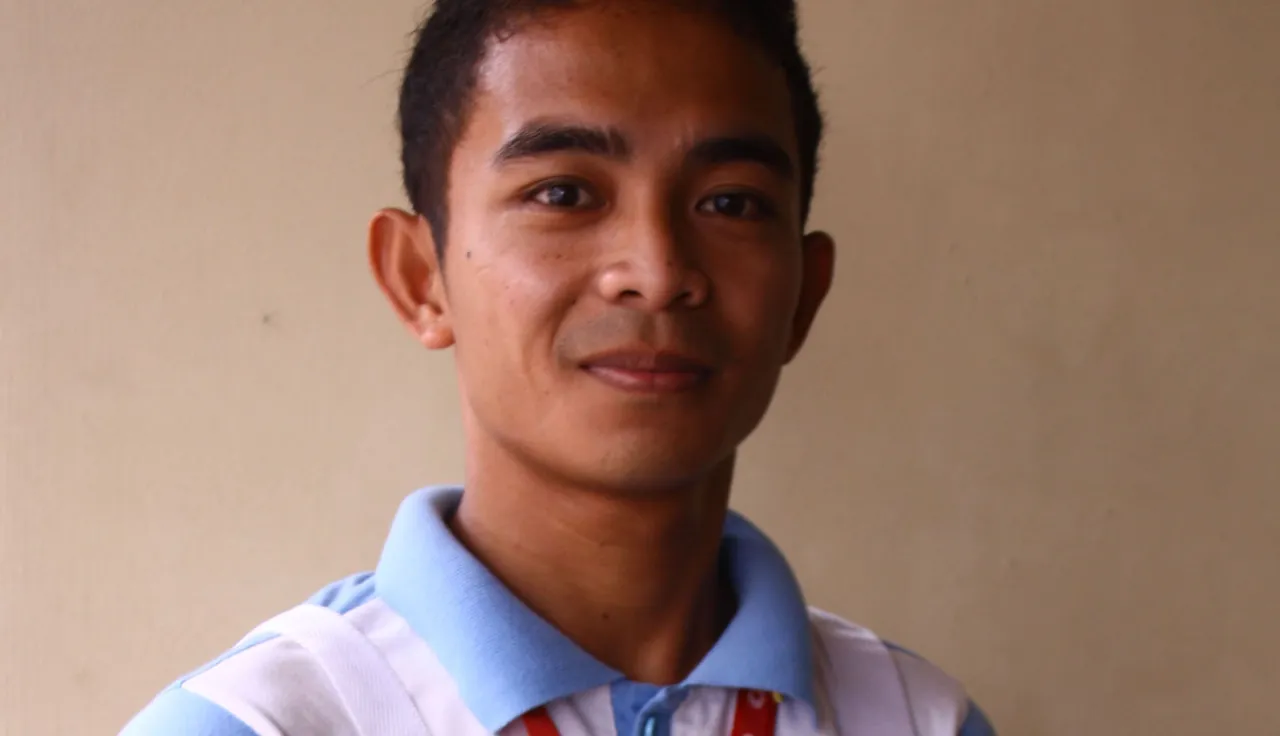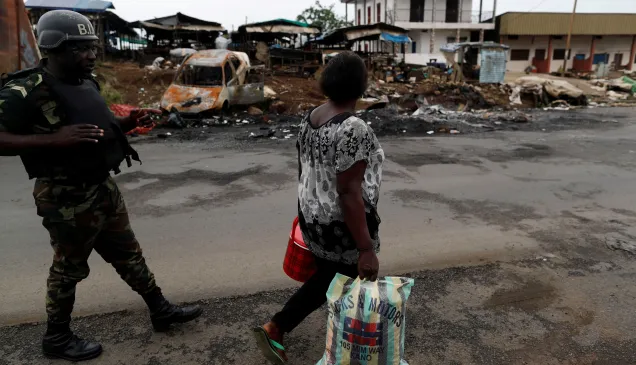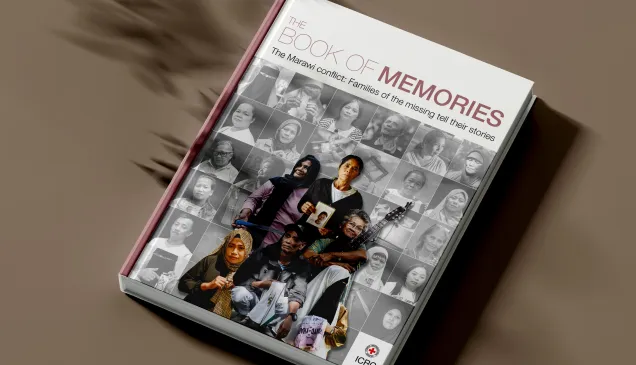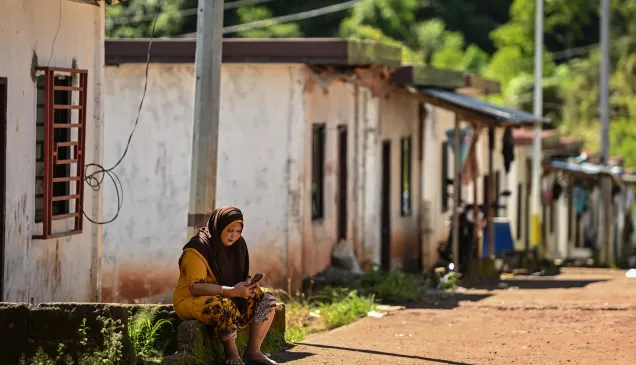Philippines: Lessons on humanity

A year ago, my classmates and I spontaneously made the descision to visit the Philippine Red Cross (PRC) Cotabato City chapter office to enlist ourselves as Red Cross Youth volunteers. At the time, all I knew of the PRC was about their national blood services. I was initially worried that being a volunteer meant I had to donate blood regularly! But when I was interviewed I said what was in my heart: that I just wanted to help other people.
We were informed about the International Red Cross and Red Crescent Movement, and its mandate and work in the Philippines. I learned that the mission of the PRC's Red Cross Youth program is to educate and empower youths in the spirit of the Red Cross through trainings and effective leadership. I felt excited when we were told that there would be opportunities for us to take part in humanitarian or disaster-response activities.
I attended a three-day Leadership and Development Program training where the Fundamental Principles of the International Red Cross and Red Crescent Movement were presented. I was struck by the principle of "Humanity," which aims to prevent and alleviate human suffering wherever it may be found.
My parents experienced displacement in our hometown in Gen. Salipada K. Pendatun municipality in 1970s. My mother told me how difficult it was, hiding for days in the marshes, being afraid for their lives and not having enough to eat. From that moment, I felt a strong desire to help conflict victims, especially after I met PRC Cotabato City chapter chair Bai Fatima Sinsuat. Despite her older age – when most would be living a quiet life – she was still actively involved with the Red Cross. What could be more inspiring for young people like me?
Last month, I received a text message from a fellow Red Cross Youth volunteer about ICRC/PRC assistance for displaced families in North Cotabato and Maguindanao. I knew it was the moment that I was waiting for – to put into practice what the PRC had taught me. I immediately signified my willingness to join and help register displaced people and distribute aid. An ICRC staff member briefed us and emphasized that we were to work collaboratively, so that we could best help those who were displaced.
I was an "all-around" volunteer – I did crowd control, registration, carried relief boxes, and translated from Filipino to Maguindanaoan dialect so messages could be better understood by the community. I'm not exactly the strongest or biggest among the volunteers, but there seemed to be a surge of energy inside me. I guess that's what they meant by "humanity in action." To see the people in need, and how my work as a volunteer will help them while they are in the evacuation center was inspiring. I will not forget how all of us – ICRC and PRC staff and volunteers – pitched in to finish the task of distributing more than 4,000 food rations in one and a half days! After the distribution was complete, the evacuees were not just mere statistics to us; each of them had unique stories and experiences.
That was my first on-the-ground experience as a PRC volunteer.
I can now say that I have a deeper appreciation of the International Red Cross and Red Crescent Movement and my fellow volunteers. It's definitely not easy volunteering, in fact there is a huge responsibility associated with it, but the satisfaction one feels offering service to those in need is immeasurable.
Looking back, I can say that the Red Cross enriched me as a person, built my character and leadership skills. Most of all, it taught me "humanity". With Red Cross, it's a lifetime commitment and a continual learning opportunity.



